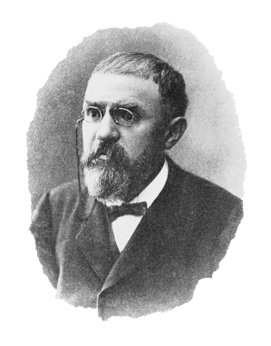Si les prémisses d'un syllogisme sont toutes les deux à l'indicatif,
la conclusion sera également à l'indicatif.
Pour que la conclusion pût être mise à l'impératif,
il faudrait que l'une des prémisses au moins fût elle-même à l'impératif.
- Henri Poincaré's (1913) 'La Morale et la Science' in the original French
If the premises are in the indicative mood,
then the conclusion will be in the indicative mood too.
For a conclusion in the imperative mood,
At least one premise in the imperative mood will be required.
- Personal translation
Jørgensen's Dilemma
|
|||||||||||||||||||||||||||
|---|---|---|---|---|---|---|---|---|---|---|---|---|---|---|---|---|---|---|---|---|---|---|---|---|---|---|---|

|
|
||||||||||||||||||||||||||

|
|
||||||||||||||||||||||||||

|
|
||||||||||||||||||||||||||
Background image taken from: https://cdn.asiatatler.com/asiatatler/i/th/2020/02/04101225-aurora-1185464-1920_cover_1920x1280.jpg This website has been coded using html, css, and js and is dedicated to B and H .
